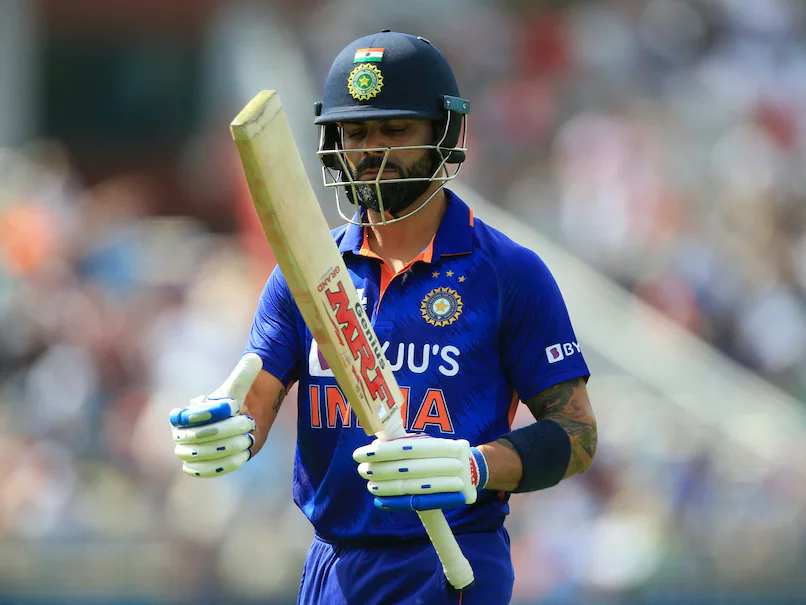
The Terrorist and the Horseman: Two Faces of a Pahalgam Tragedy
Pahalgam, India — In a chilling attack on Tuesday, terrorists opened fire on tourists in the meadows of Baisaran, near Pahalgam in Jammu and Kashmir. 26 people were killed, including 25 Indians and one Nepali national.
But beyond the numbers lies a story of contrasts. A tale of two men—both named Adil—who walked very different paths. One, Adil Hussain Thoker, became a suspected Lashkar-e-Taiba militant. The other, Syed Adil Hussain Shah, died trying to save strangers.

A Name Shared, A Destiny Split
To the average person, what happened in Pahalgam is not just another tragedy. It’s a gut punch. Families lost breadwinners. Children lost parents. And for what?
For ideology? For headlines?
This is where the absurdity sets in. Two men from the same land, likely raised on similar air and stories, made choices so wildly opposite you’d think fate had flipped a coin.
Adil Hussain Thoker allegedly helped plan the attack. He’s a name now etched in sketches released by police, his face printed on wanted posters. He had crossed into Pakistan in 2018 and returned as a suspected LeT guide for foreign fighters. Now, a Rs 20 lakh bounty hangs over his head.
Earlier today, Thoker’s house in Gurre village was blown up by security forces—a statement not just of retaliation, but rejection.
The Other Adil: A Man on a Pony, Not a Mission
Meanwhile, Syed Adil Hussain Shah, 28, earned Rs 300 a day. He gave tourists pony rides through Pahalgam’s valleys. When bullets rained down, he didn’t run. He tried to shield visitors. Some say he even tried to snatch a gun from one of the attackers.
He was shot four times—in the chest and throat.
His mother, now inconsolable, said through tears:
“He left in the morning for work. He brought us food and medicine. Now, who will bring them?”
His sister added that Adil had planned to take the next day off. He never made it home that evening.
Also Read India Suspends Visas for Pakistanis: What the Pahalgam Attack Means for Future Relations
Community and Government Respond
Hundreds gathered at Adil’s funeral. Among them was Jammu and Kashmir’s Chief Minister Omar Abdullah, who called Shah a martyr.
“He tried to stop the attack. He tried to snatch a gun. We will take care of his family,” said Abdullah.
Meanwhile, India moved quickly on the geopolitical front. In response to the attack, the government suspended the Indus Water Treaty with Pakistan. Trade through the Attari-Wagah border was halted. Pakistani nationals were told to leave India within 72 hours.
Counter-terror operations have also intensified. Officials say they’re hunting not just foreign fighters but also their local enablers.
One Became a Symbol of Terror. The Other, of Courage.
This is where the contrast burns bright.
Adil Hussain Thoker: a name now associated with death, destruction, betrayal.
Syed Adil Hussain Shah: remembered as a civilian who showed more bravery than most soldiers ever need to.
The irony? They probably never met. But in death and disgrace, their fates are now forever linked in India’s collective memory.
What This Moment Asks of Us
It’s easy to reduce terror to numbers. To let grief turn to anger. But every now and then, stories like Shah’s remind us what’s still good in this world—what’s still worth saving.
And that’s the real threat to terror: ordinary people doing extraordinary things.
Terrorists like Adil Hussain Thoker thrive on fear. But heroes like Adil Shah? They live on in stories that inspire courage, even after the gunfire stops.
Also Read The Soul at War: Pahalgam Attack Forces Us to Ask—Is This What Religion Was Meant For?












